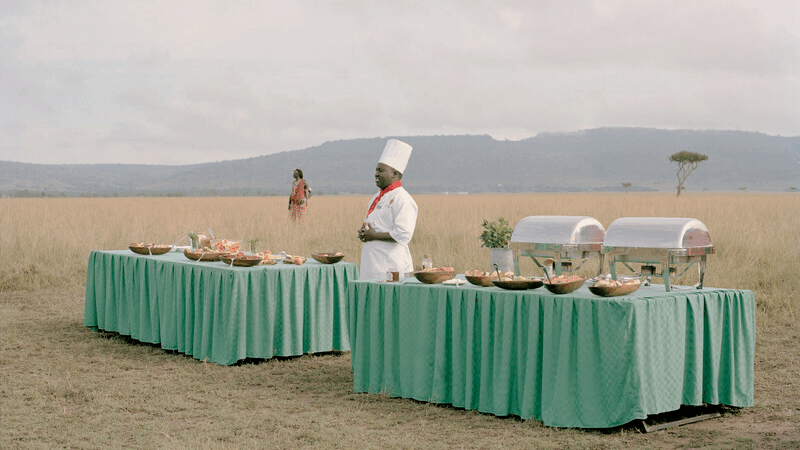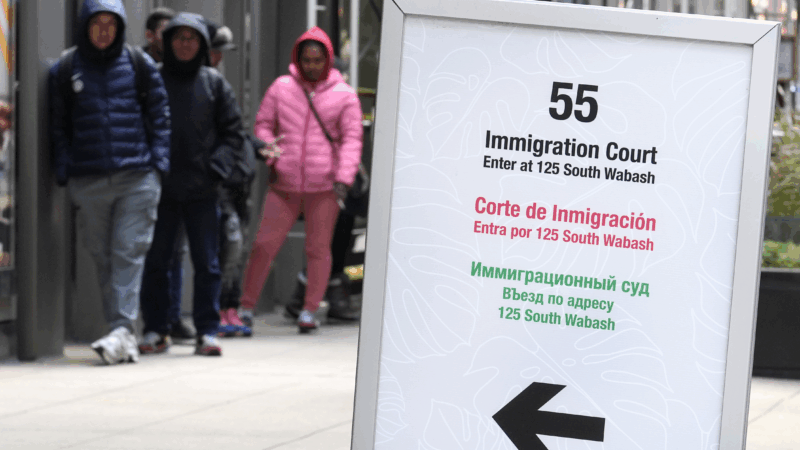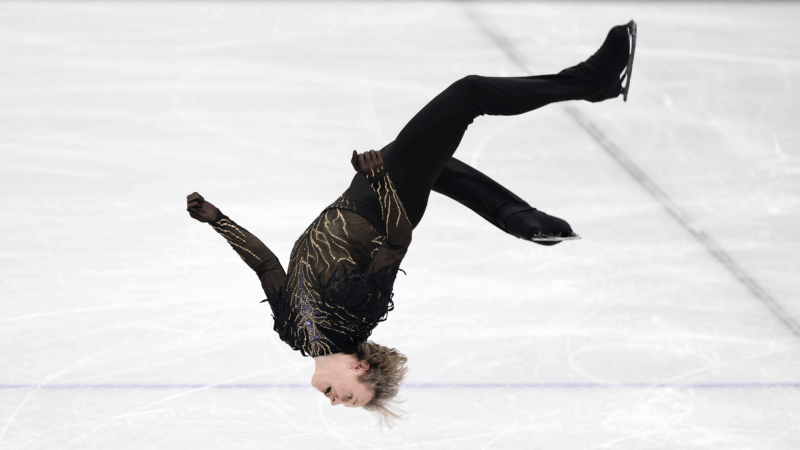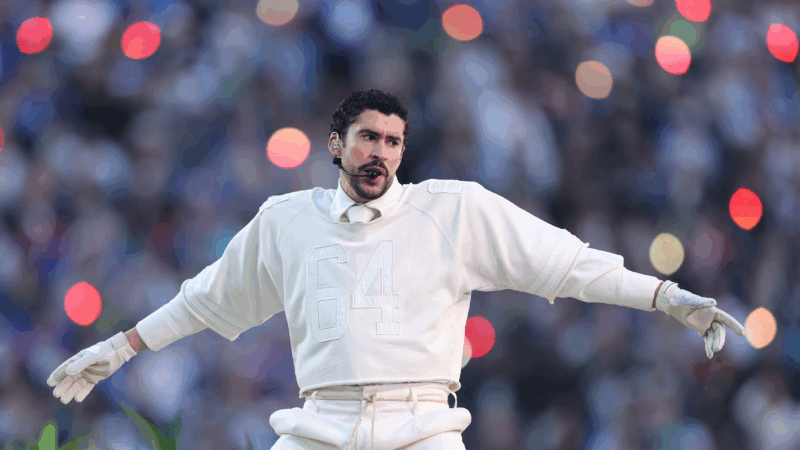Photos: Mother Nature must be really annoyed at our fakery
Since 2019, we’ve covered the debate among geologists over whether to dub our current epoch the “Anthropocene” by the measurable mark we’ve made — through mining, deforestation, building and nuclear bombs — on the geologic record. The term comes from the Greek, anthropos, meaning human. Top geologists voted against that last year, but the decision hasn’t stopped photographers from using the term as a frame to explore humans’ relationship to the world we’re remaking. This story is part of our series “following up” on past articles.
Photographer Zed Nelson is fixated on the anthropocene, even if it’s not an official geologic epoch.
“Just as a term, it’s a really useful way of focusing the mind on the fact that we humans are having a dramatic effect in a very, very short period of time,” he says. On a macro scale, that effect has been well-documented by photographers, with aerial shots of waterways clogged with plastic, the scars on barren land from deforestation and countless smokestacks spewing pollution into the air.
But to him, such work has ceased to elicit the same shock it once did.
“We learn to ignore stuff quite quickly,” he says. “I wanted to come at the subject from a kind of sideways angle.”
That sideways angle is reflected in Nelson’s new book The Anthropocene Illusion, which focuses less on humans’ destruction of nature but more on how that destruction is warping our relationship with the natural world.

Nelson spent six years traveling to 14 different countries, visiting national parks, theme parks, zoos and hotels to capture images illustrating the contrived and paradoxical ways we relate to our altered Earth.
“As we divorce ourselves as a species from our connections with the natural world, and wreak havoc on it, we’ve become very clever at creating this illusion, which are these choreographed, hyper-managed, curated versions of nature.”
Nelson visits Kenya, where tourists can pay to recreate a scene from the movie Out of Africa.

“The safari outfit lays out the rug, carries an ancient gramophone player, puts the champagne ice bucket, brings a Maasai warrior to stand close by to add authenticity to the scene,” says Nelson. “The Maasai is paid. That particular guy, he’s a super nice guy, I’m Instagram friends with him now.”
In Sri Lanka, Nelson stood back from a popular Instagram spot where well-to-do tourists to snap selfies in an infinity pool against a backdrop of seemingly wild elephants. “It’s actually the largest captive herd of elephants in the world,” says Nelson. “They bring these elephants down to the river every day, and the large males are chained by the ankle and the chains are fixed to the rocks under water.”

The national parks Nelson visited “are very real,” he says, “but it’s a demarcated zone for the last survivors of these species, corralled into ever-decreasing areas where we go to see them, ultimately to be reassured that they still exist.” That creates a kind of illusion, he says, that can give us a kind of peace of mind while we continue destroying these habitats.

Animals in zoos feature prominently in the project. Nelson catches some creatures looking listless in the painted facsimiles of the natural world humans plucked them from. Others look mournful.
“It’s a terrible conundrum,” he says. “Our society is driving us in one direction, but we have a sense of loss for what we’re leaving behind, so we seek out these choreographed versions to satisfy some kind of craving.”

Nelson spent two days watching a polar bear in Dalian Forest Zoo in China. Its enclosure is meant to mimic the icy expanse of its natural arctic environment, but the stained and chipped walls betray the artifice.
“To me, that is the most depressing image in the book. It’s the most cruel manifestation of how we treat animals,” he says. “It wasn’t much of an illusion, it was just an appalling scene. The illusion almost crumbles.”
Nelson’s photos reveal the cracks in many of these illusions. An idyllic landscape mural in front of a Chinese factory does little to distract from the industrial haze. A rainforest museum exhibit looks overstuffed with an unlikely menagerie of taxidermied creatures that appear to have been encased in the museum for a bit too long.

“The irony is that all of these things that we create become unwitting monuments to the very things that we’ve lost,” says Nelson. “Our only hope is that we reassess what we value. The project for me is being a part of that conversation.”

Nancy Guthrie search enters its second week as a purported deadline looms
"This is very valuable to us, and we will pay," Savannah Guthrie said in a new video message, seeking to communicate with people who say they're holding her mother.
Immigration courts fast-track hearings for Somali asylum claims
Their lawyers fear the notices are merely the first step toward the removal without due process of Somali asylum applicants in the country.
Ilia Malinin’s Olympic backflip made history. But he’s not the first to do it
U.S. figure skating phenom Ilia Malinin did a backflip in his Olympic debut, and another the next day. The controversial move was banned from competition for decades until 2024.
‘Dizzy’ author recounts a decade of being marooned by chronic illness
Rachel Weaver worked for the Forest Service in Alaska where she scaled towering trees to study nature. But in 2006, she woke up and felt like she was being spun in a hurricane. Her memoir is Dizzy.
Bad Bunny makes Puerto Rico the home team in a vivid Super Bowl halftime show
The star filled his set with hits and familiar images from home, but also expanded his lens to make an argument about the place of Puerto Rico within a larger American context.
Japan’s Takaichi to pursue conservative agenda after election landslide
Japan's first female Prime Minister, Sanae Takaichi, brought the ruling Liberal Democratic Party its biggest-ever electoral victory, fueling her ambitions to pursue to a political agenda which she says could "split public opinion."







